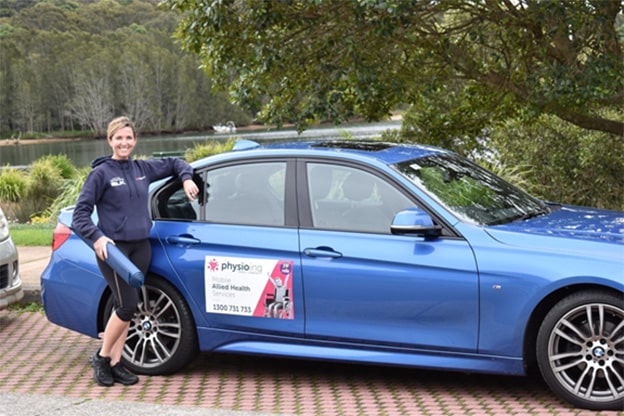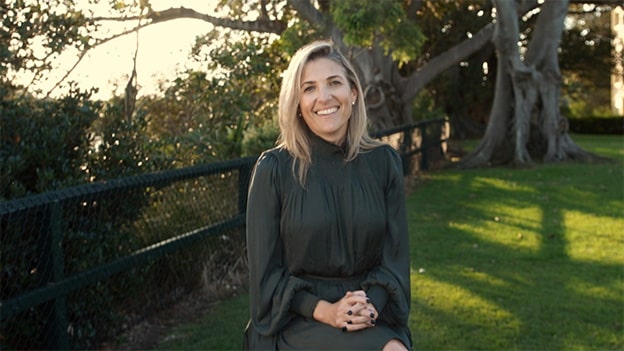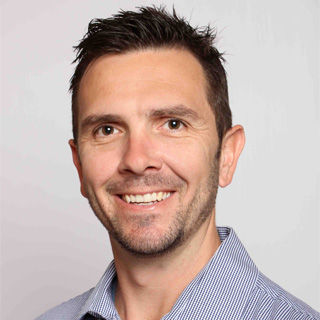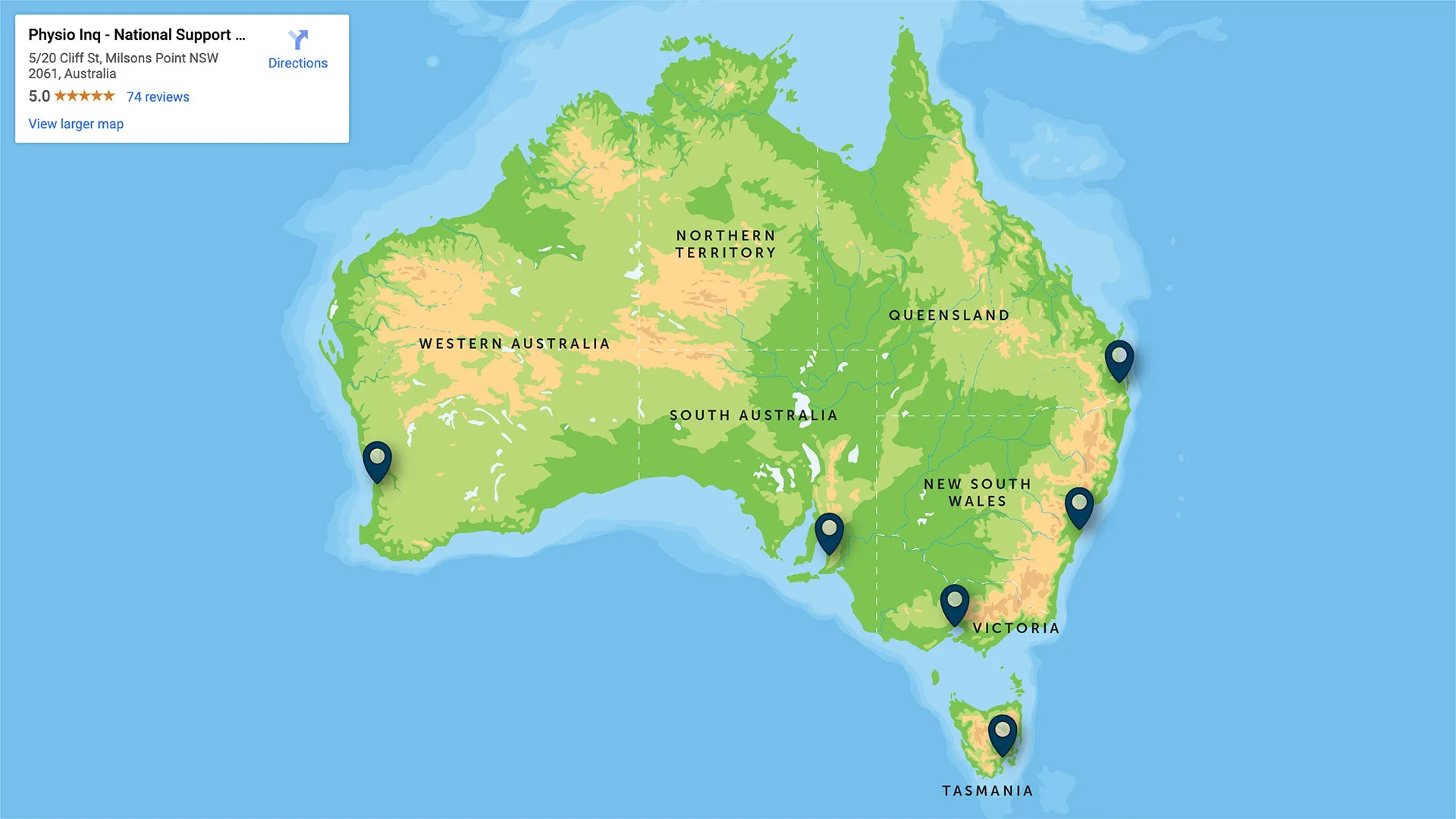The day my world fell apart: What living with MS taught me about business, motherhood and disability
Originally Published Sep 3, 2021
Like many women who run their own business (or a household), I thought I was just tired. Fatigue turned to dizziness, blurred vision, and then one day I lost movement of my left eye.
Written by Irene Georgakopoulos

Like many women who run their own business (or a household), I thought I was just tired. Fatigue turned to dizziness, blurred vision, and then one day I lost movement of my left eye. An MRI later and the doctor’s diagnosis was MS. Multiple sclerosis. Of course, I’d heard of it, and as a physio I had even treated patients who had MS. But to tell you the truth, I was terrified. My imagination immediately jumped to a future where I was in a wheelchair, scared because I couldn’t know when the next attack would come.
Instead, I had a cry and then took a closer look at what an MS diagnosis meant for me. A few things started to crystallise.
Control what you can control
The main symptoms of MS – fatigue, pain, brain fog and impairment in different areas of the body – come and go, which means it’s difficult to know what my capacity will be each day, week or month. As a result, however, it has honed my skills in managing uncertainty, identifying what I can control and what I can’t. There’s no use fretting over things I can’t control, so I need to let them go.
This is an approach I have come to use in business and at home with my family. As someone whose default setting is running a million miles an hour, it was a challenge to step back and reflect on what served me. MS has made me less of a control freak and better at evaluating what is going on so I can dedicate my time and effort to the areas that will make the most difference.
I have really tried to impart to my son that we are in control of our responses and reactions to the world around us. We cannot control everything, but we can control the story we tell ourselves about it.
Being okay with doing less
I grew up in a hard-working Greek family so it’s no surprise that that work ethic seeped into my bones. MS has taught me that I need to unlearn all that and do less. Part of this process is untangling the love for what I do with the quantity of work I do.
In practice, this means adjusting the level of involvement I have in the business and being okay with delegating to others. I now see I probably should have done this sooner – there are people on my team with the experience and knowledge who are far better suited at doing certain jobs than I am!
Add to that making time to switch off from the business, so reading a novel instead of a business book and not feeling guilty about using my time for pleasure.

Using my insight into disability
Our business is allied health, and so having MS means I’m in a better position to understand the perspective of the clients we treat. We help those with lifelong conditions increase their capacity to live with their disease, and that has made me realise that MS wasn’t the end of my life: my life just required different management.
Some clients have physical and visible disabilities that are easy to identify, whereas others are less obvious. Outwardly, there are usually no visible symptoms of MS for me. This has helped me realise that there must be many more people out there with ‘invisible’ disabilities like myself. I’ve become more empathetic as a result because we simply don’t know what challenges people are facing every day.
If I were to use the example of a client complaint; I know that in most cases, it has very little to do with me. The anxiety, stress and anger they may project outwardly rarely has anything to do with anyone. Rather, it’s a reflection of the world they find themselves in at that moment. By the time they reach me, they could be dealing with the 15th thing to go wrong in their lives that day alone. Listening carefully and practising patience and empathy go a long, long way. And I don’t take things as personally as I used to.
Historically, having MS implied that you were sick or disabled, but my journey has revealed that this perceived adversity presents an opportunity to reconsider the way I manage myself and my business. The most important lesson it has taught me is to be present. We don’t know what is coming around the corner, so when it comes to choosing if I go to a dinner I don’t really want to go to or sitting on the couch with my son to watch a movie, I now pick the one that matters most in the long run. (It’s the movie.)
This article was originally published on Womens Agenda.com
Want to read more about Physio Inq? Check out our other pieces:
Three Simple Strategies That Can Help Achieve Work/Life Balance
Mentorship: The Invaluable Franchising Tool That Money Can’t Buy
Why a ‘People Plan’ is Just as Important as a Business Plan
Advice: Transitioning from 23 Years in Health Care to Business Management
Disclaimer
The information provided on this blog is intended for educational and informational purposes only. It is not intended to be a substitute for professional advice or treatment. Always seek the advice of a qualified professional with any questions you may have regarding a medical condition. Never disregard professional medical advice or delay in seeking it because of something you have read on this blog.

